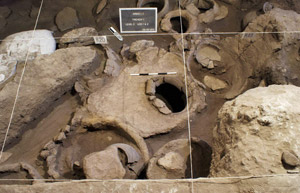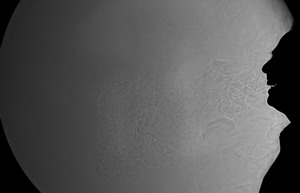

Scientists have moved a step closer to creating ultra-fast quantum computers by generating 10 billion bits of quantum entanglement in silicon for the first time.
 NASA has taken the wraps off three concept designs for quiet, energy efficient aircraft that could potentially be ready to fly as soon as 2025, joining these planes of the future (and these).
NASA has taken the wraps off three concept designs for quiet, energy efficient aircraft that could potentially be ready to fly as soon as 2025, joining these planes of the future (and these).
Of the many dishes served up through Sino-US cooperation, food and drug safety is a favorite on both sides of the Pacific.
Britain launched a public consultation on Monday to help authorities decide whether people who donate eggs and sperm to fertility clinics should be paid cash compensation, and if so how much.
Popular sleep drugs such as Ambien can leave even the healthiest older people groggy and prone to stumbling, falling and confusion when they wake up, US researchers reported on Thursday.
Scientists have genetically engineered chickens that cannot spread bird flu to their neighbors.
Health experts have warned the public that pollution and environmental deterioration are behind rising cancer rates among Chinese children aged under 14.
Trying to quit smoking as part of New Year's resolutions? Personalized phone counselling along with web-based guidance may help, according to a study.
The Hubble Space Telescope got its first peek at a mysterious giant green blob in outer space and found that it is strangely alive.
Smoking could "virtually disappear" in New Zealand and many other developed countries within half a century, according to research by a major investment bank.
 The earliest known winery has been uncovered in a cave in the mountains of Armenia.
The earliest known winery has been uncovered in a cave in the mountains of Armenia.
 With a giant mirror and high-speed camera, scientists in Singapore are trying to find out how airborne transmission of flu viruses takes place, or if it happens at all.
With a giant mirror and high-speed camera, scientists in Singapore are trying to find out how airborne transmission of flu viruses takes place, or if it happens at all.